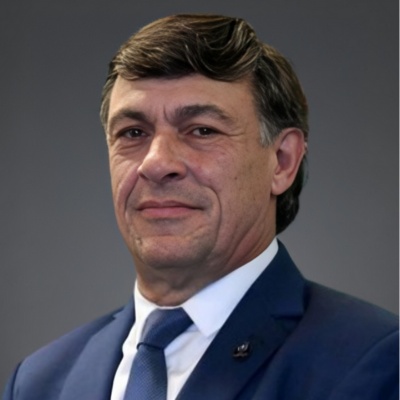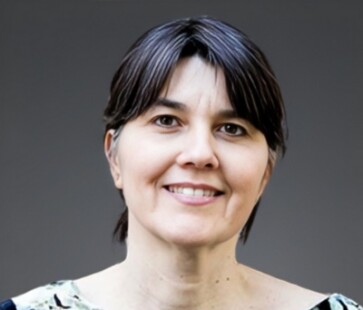
Daniel Hourcade
Rugby coach, recognized for his human and tactical leadership. He inspires with his close style, transmitting discipline and commitment, showing that sport teaches values that transcend the field.
Biography / Speaker Info
Daniel Hourcade is a former Argentine rugby player and coach, universally recognized for having been the head coach of Argentina's national rugby team, Los Pumas, and the main driving force behind a revolution in the national team's style of play. Born in San Miguel de Tucumán in 1958, Hourcade played as a scrum-half and dedicated more than 30 years of his life to coaching. He began his career at the Universitario de Tucumán club, and later worked extensively in the structure of the Argentine Rugby Union (UAR), coaching the youth teams and the Pumas Sevens.
His valuable experience was consolidated at the international level, where he coached the Portugal national team, achieving that the team, being completely amateur, qualified to the 2007 Rugby World Cup in France, a monumental achievement. Back in Argentina, he was the first coach of the Pampas XV franchise (2010-2013), a team created to compete in South African tournaments. This process was vital for the formation of a base of professional players that would be crucial in the next stage of the Argentine national team.
Hourcade took over as coach of Los Pumas at the end of 2013, promoting a radical paradigm shift: he left behind the historically conservative game of Argentine rugby to adopt a more offensive, dynamic and risky philosophy, with greater ball circulation. This "Puma revolution" reached its peak at the 2015 Rugby World Cup in England, where he led Argentina to the semifinals, finishing in a historic fourth place and earning global recognition for the quality of his game.
After leaving his position in 2018, Daniel Hourcade continued to be actively involved in the development of rugby at the regional and international level. Today, he works advising the unions of South America Rugby, promoting the growth of the sport in emerging countries in the region, and collaborating in the establishment of training systems and stable calendars. His legacy is not only measured in results, but also in the cultural transformation he brought to the national team, demonstrating the effectiveness of his philosophy based on discipline, commitment and the courage to innovate and take risks.










